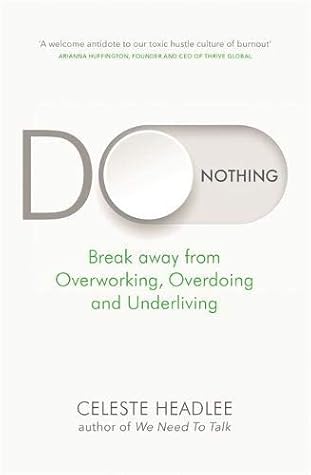The problem is, blue light can cause damage to your eyes over the long term, and it can suppress the release of melatonin, the hormone that helps you fall asleep and stay asleep. When scientists at Harvard tested the effects of blue light versus green light, they found the blue suppressed melatonin production and disrupted circadian rhythms (which govern sleep and waking times) for about twice as long as green. The message here is that if you’re looking at your device within two to three hours before bedtime, you could be screwing up your sleep cycle. Millions of years of evolution have
...more
Welcome back. Just a moment while we sign you in to your Goodreads account.


